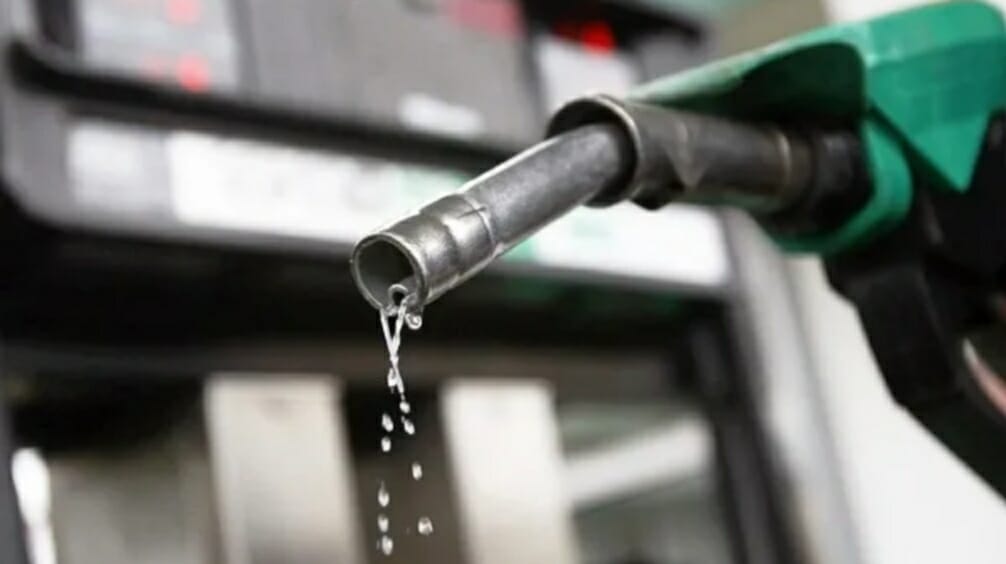A joint team from the Central Bank of Nigeria (CBN) and Independent Corrupt Practices (ICPC) has begun the monitoring of the circulation of the new notes in Abuja in light of the controversy surrounding the dearth of redesigned Naira notes.
The joint team continued the on-the-spot inspection exercise yesterday by visiting gas stations, grocery stores, and Point of Sale (PoS) operators in the FCT.
The intention is to prevent currency note hoarding, which is largely to blame for Abuja’s banknote shortage.
There had been reports that most fuel stations were selling the redesigned banknotes – N200, N500 and N1000 to PoS operators, resulting in exorbitant charges by the agent bankers.
The managing director of Nirsal Microfinance Bank, Abubakar Kure who lead the team on inspection to various parts of the FCT, said it became necessary for the apex bank to conduct the monitoring exercise based on complaints from banks that most of their customers were not making cash deposit anymore, pointing to the fact that their bigger customers are oil service stations and super markets.
“We want to actually establish this fact if there’s possibility of cash transaction between the Point of Sales and the Oil services stations as claimed and what happened to the cash they have collected.
“But what we have seen here, there’s much improvement from what we observed the previous day, that there are much transaction via pos and transfer,” Mr Kure said in an exclusive interview with our correspondent.
The Nirsal MFB MD said cash transactions are very minimal “and for some we see records of their transmitting this money from banks, depositing others because there’s minimal cash sales. The little they get, they use the cash for their day to day transaction for the stations or menial workers.
“The only complaints we got from them is that some times their sales are down due to network issues. When POS are down, customers will be stranded unable to pay their transactions so they experience so much decline in the process.
“They appeal and we are also appealing to Banks to improve their network facilities as to also help to achieve this objective of cashless policy so that people will be used to electronic transaction or paying through electronic services.”
He encouraged them to open bank accounts for their customers, while also advising Nigerians not to hoard the old notes, with a promise to make the banknotes more available.
Speaking with one of the filling stations manager, Shafa Maizube opposite Dunamis Church in Lugbe area, Saeed Yusuf said most of their customers have not been forthcoming with cash since the Naira redesign policy.
He said most transactions are now done through mobile transfers or customers paying through point of sales machines, which he said has also declined.
According to him, if banks could improve on their networks and transfer are made at ease, the policy will be a welcomed development.
